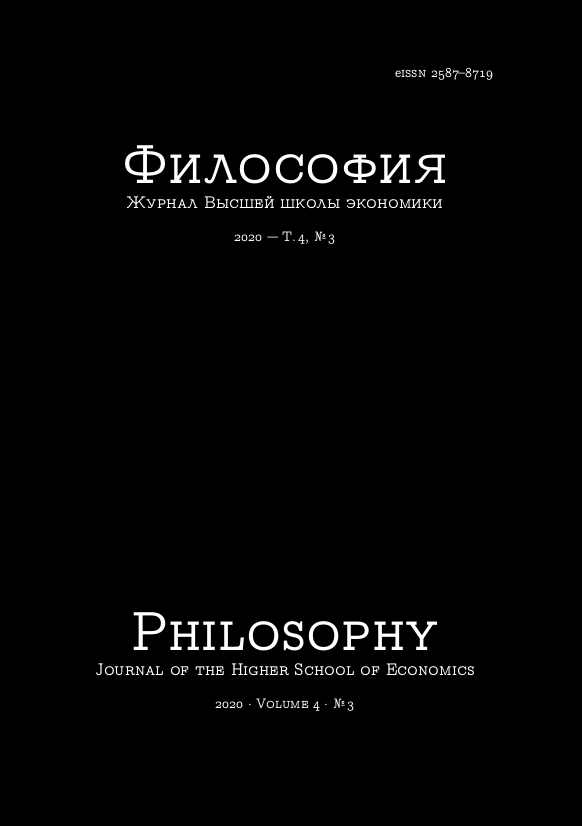Исторический метод от рождения к возрождению (от гражданской науки к модальной риторике)
Аннотация
В статье рассматриваются две стратегии рецепции гуманитарной эпистемологии раннего Нового времени, первая из которых видит в ней предварение историзма XIX – начала XX вв., а вторая — прецедент поворота к риторике и контингентности, аналогичный повороту к риторике в некоторых направлениях гуманитарной теории середины «XX столетия. Отправной точкой исследования становится представление Бенедетто Кроче о философии неаполитанского философа Джамбаттисты Вико (1668–1744) как предварении романтизма («девятнадцатый век in nuce»; «il romanticismo fu vichiano»): концепция Кроче рассматривается как репрезентативный образец презентистского «присвоения» барочной гражданской науки. Эта концепция противопоставляется тем направлениям современной теоретической историографии раннего Нового времени, которые усматривает в «науках о контингентном» ресурс обновления актуальной гуманитарной теории; особенный акцент при этом делается на «модальной риторике» Н.С. Стрьювер. Демонстрируется, что именно эта стратегия позволяет освободить философию неаполитанца от модернизирующих прочтений в духе романтизма и возвратить ее собственному времени.






